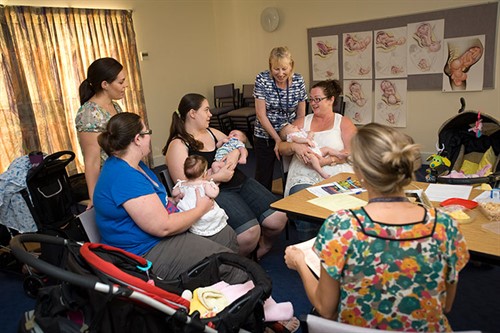Search

Rockingham women are being urged to take part in a program trial aimed at guiding and supporting mums-to-be through a safe and healthy pregnancy.
Research has identified a critical genetic risk factor for a potentially fatal parasitic disease that affects up to 400 thousand people a year, mostly children.
New research aimed at reducing the airway damage caused by asthma attacks in children has just begun at The Kids for Child Health Research in WA.
The Global Symposium on Childhood Brain Tumours is bringing the world's premier childhood brain tumour researchers and scientists together in Perth.
Prime Ministers of Australia and New Zealand have agreed to provide $3M to help fast-track the development of a vaccine against rheumatic fever.
The Telethon Institute will play a key role in a ground breaking, multi-million dollar Autism research centre announced by Prime Minister Julia Gillard.
The Kids for Child Health Research presents seminars from our leading researchers every Friday. They are designed to inform both the scientific co
New research from the Telethon Institute has shown that children with an intellectual disability are up to 10x more likely to be admitted to hospital.
Researchers from Perth's Telethon Institute are calling for further investigation into a potential link between maternal smoking and childhood brain tumours.
A study of the Western Australian justice system has identified that 85% of staff say responding to the needs of people with FASD is an issue in their work.
